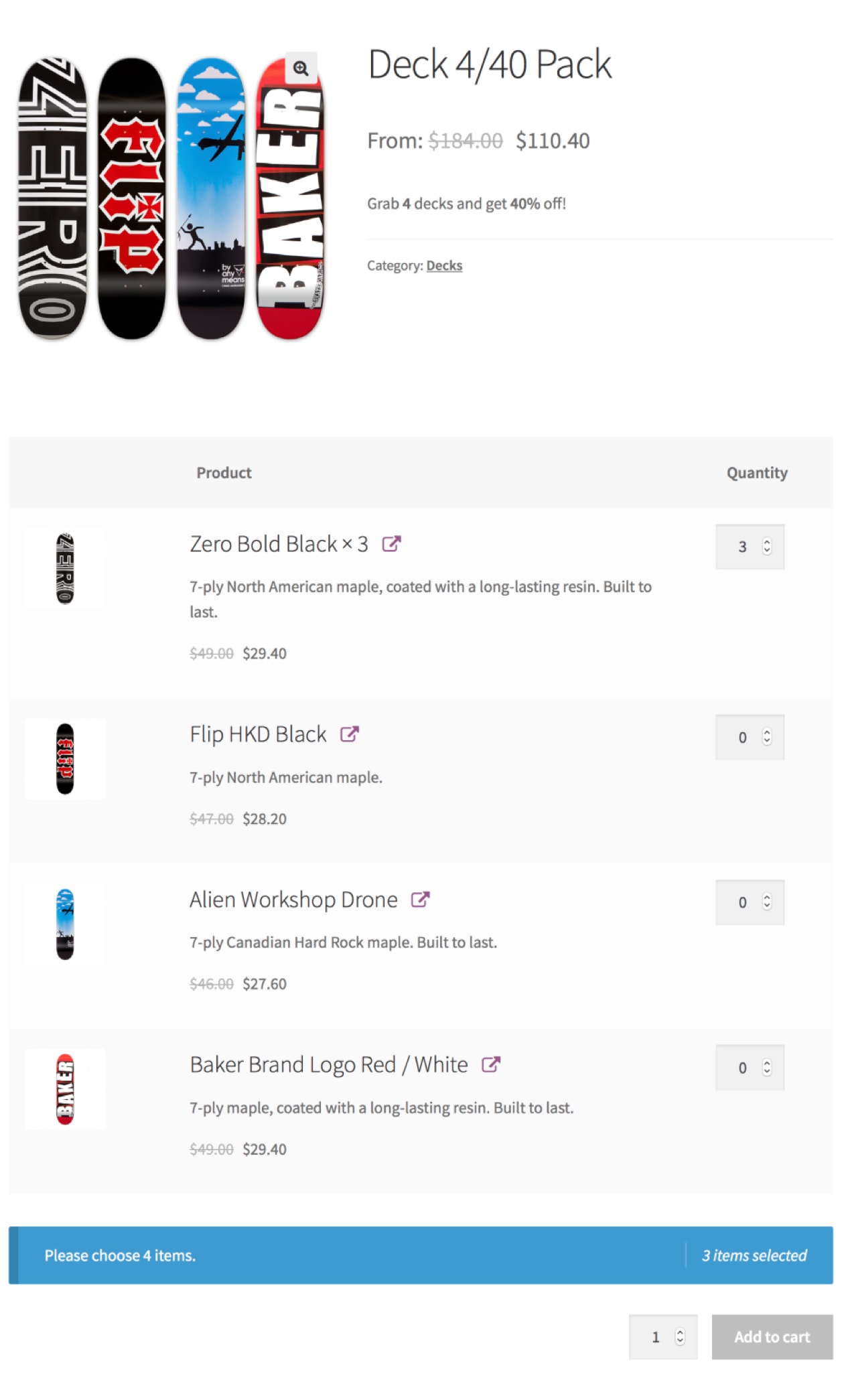Spreading yourself too thin can cause problems for your business. Whatever stage your company’s in, choosing a niche is a critical step to being profitable. So you need to ask yourself: “What do we sell, to whom, and why?”
Your niche defines the products and services you develop. It directs your marketing. It focuses your attention on specific problems facing your customers. It differentiates you from the competition.
A niche also enables you to be found more easily. So many businesses struggle with the question, “Why aren’t more people finding us online?” But if you’re trying to appeal to everyone, you’ll struggle with this forever, no matter how much money you invest in marketing.
Choosing a niche for a profitable online business
Defining a niche looks different depending on your industry. But while there isn’t one single process every business must go through, there are some general principles. Here are five of the most important ones:
1. Find your audience’s utopia
What problems does your target audience have that only you can solve? The answer to this is your customers’ utopia, and if you can figure out how to deliver it, you’ll have a profitable business.
Quora is a helpful way to find out what your audience is struggling with. If you see similar questions being asked over and over again, you might be onto something.

Suppose you’re in the home décor business. You might see a lot of questions about how to use smaller living spaces more efficiently. For people living in larger cities with less square footage, home décor sites offering luxurious products, backyard patios, and other space-heavy solutions don’t work for them.
So you might choose to specialize in the minimalist niche, and the problem you’re solving is, “How do I live comfortably in my smaller living space without drowning in clutter?”
2. What terms are they searching for online?
You’ll need to spend some time playing around on search engines. Begin typing phrases into a search engine, and let it autofill terms people have searched for. Pursue some of those searches and see what comes up.
To accelerate this process, you can use some helpful online resources, such as Ubersuggest and Answer the Public. These resources show which niche phrases people are looking for, related to broader keywords.
3. Narrow your niche
Once you’ve found your niche, look for ways to become hyper-specialized.
For the home décor minimalist, you could exclusively target people living in condos in large urban towers, becoming known as a minimalist specialist who helps condo owners use their living spaces efficiently.
Now there’s a niche.
That’s so good we may have to look into it ourselves. You heard it here first…
Do you see how that’s so much better than an ‘online home décor’ business? It’s special. It’s different. It’s helpful. Solve specific problems for specific types of people, and you’ll have a successful business.
4. Study your competition, but don’t copy them
We all know you’re going to be better than the competition. But you can still learn a lot by examining their websites and studying their marketing. It would be smart to join their email lists and follow them on social media.
Some things to look for include:
- What niche are they targeting, if any?
- What kinds of offers and deals do they make?
- How often do they communicate?
- Is their marketing so good it makes you want to buy or does it fail to move you?
- What is their service like? Helpful, clear, vague, distant, pushy, incompetent, amazing?
- What do their reviews and testimonials have to say?
5. Find the ‘hole’ in the market, and fill it
You now know the problems facing your target audience, the terms they’re searching for, questions they’re asking, and what the competition is doing (or not doing) to serve them.
The last step is to figure out what you’re going to do that no one else is doing. Some ways to differentiate yourself in any industry include:
Narrow your audience
As already seen, you can do this by targeting a small slice within a larger industry. Here’s a chart with five sub-niches within the larger industries of travel, fitness, home décor, and finance, which gives you an idea of how to start your own narrowing process.
In an early season of the American television show Better Call Saul, the lead character is struggling to establish his law practice. One of his first successes comes when he decides to target senior citizens in assisted living facilities. He becomes their go-to lawyer for writing wills and estate plans.
Once he niched, he started making money.
Target a location or region
Become the authority in a particular region within your industry. Sure, the big stores may dominate on a national level, but you might be able to carve a loyal following within your local community.
Niche by price
Trying to beat the prices of your competitors doesn’t always pay off; justifying your costs due to expertise is easier than undercutting national chains. You could also structure your pricing in unique ways that give customers more flexibility.
Niche by service model
If the competition only sells online, offer in-person consultations. If the competition sells products a la cart, bundle yours in customer-centric packages.

Find a way to serve customers better or differently. Domino’s Pizza built a national company on delivering pizzas in 30 minutes or less right to your door. Taste, ingredients, cost — none of that mattered at first. They sold it on a service model no one else was offering.
Solve a problem, build a business
Instead of trying to serve everyone, find a specific group of people that you can serve extremely well. Focus your marketing, branding, and products on meeting their needs and you’ll build a successful and profitable online business.
Looking for some inspiration? See what some of our showcase stores have done to stand out.





